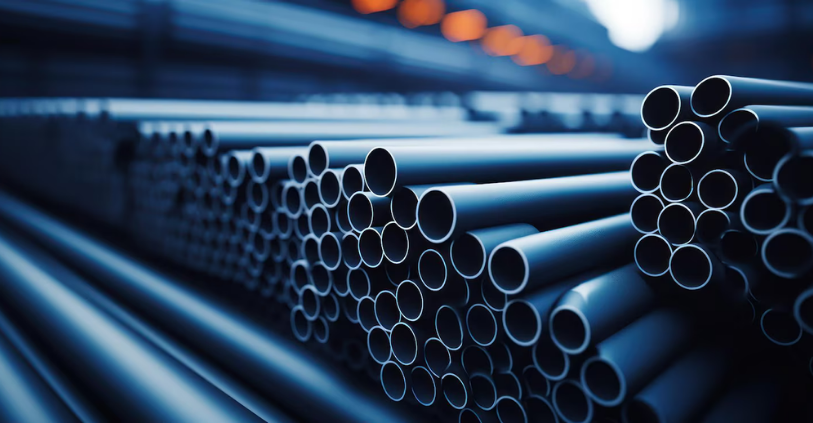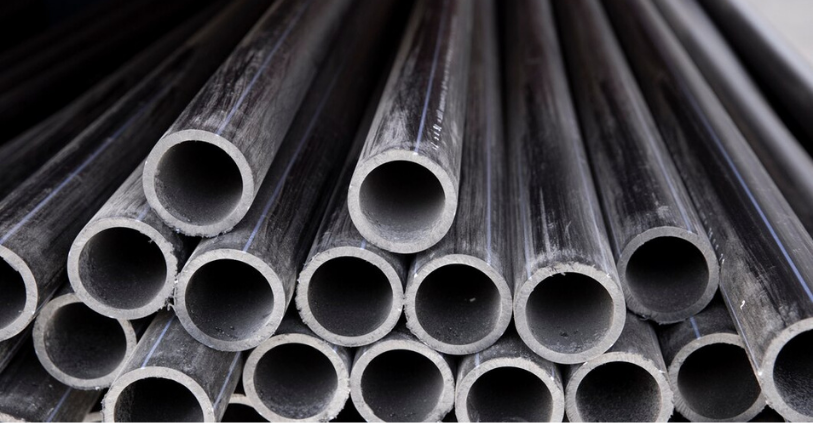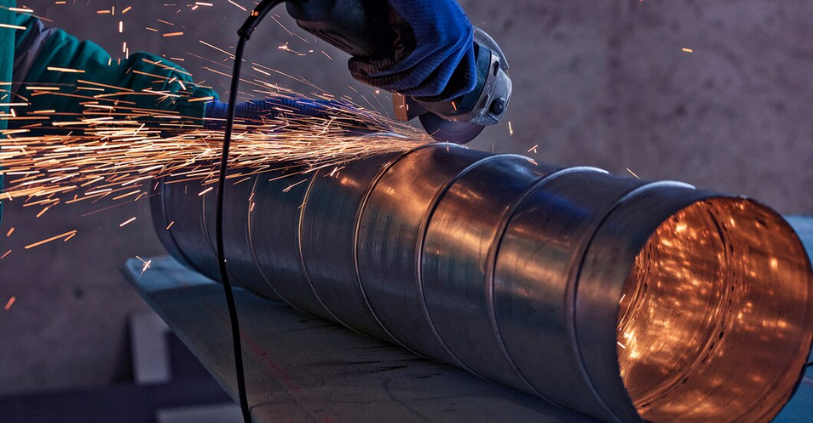
The steel industry has transcended its traditional image to become one of the pioneers of digital transformation. With the adoption of new technologies, steel production is now becoming smarter and more efficient. This digital transformation not only enhances the sector's competitiveness but also contributes to efforts to reduce sustainability and environmental impact.
Smart Manufacturing and IoT
Technologies like the Internet of Things (IoT) are making steel factories smarter. Sensors and data analytics enable real-time monitoring and optimization of production processes. Machine-to-machine communication allows for predicting maintenance needs and increasing production efficiency. As a result, uninterrupted production is ensured in manufacturing facilities, and occupational safety standards are improved.
Big Data Analytics and Artificial Intelligence
Big data analytics and artificial intelligence play a significant role in the steel sector. Deep analysis of production data is used to identify opportunities for process improvement. Artificial intelligence algorithms optimize production forecasts and enable quick responses to demand fluctuations. This strengthens supply chain management, reduces waste, and promotes more efficient resource utilization.
Digital Workflows and Flexible Manufacturing
Digitalization makes workflows in the steel sector more flexible. Smart factories can quickly reconfigure production lines to meet different product demands. Production processes become dynamic to respond faster to customer demands. This increases customer satisfaction and provides a competitive advantage.
Sustainability and Digital Transformation
Digital transformation also helps the steel sector achieve sustainability goals. Environmental objectives such as increasing energy efficiency, reducing waste, and minimizing carbon footprint are supported by digital technologies. Consequently, the steel industry operates in a greener and more environmentally friendly manner.
The steel sector is undergoing significant changes with digital transformation. Smart manufacturing, big data analytics, artificial intelligence, and other digital technologies enhance the sector's competitiveness and contribute to sustainability efforts. In the future, the steel industry will become even more digitalized, enabling more efficient, flexible, and environmentally friendly production processes.




